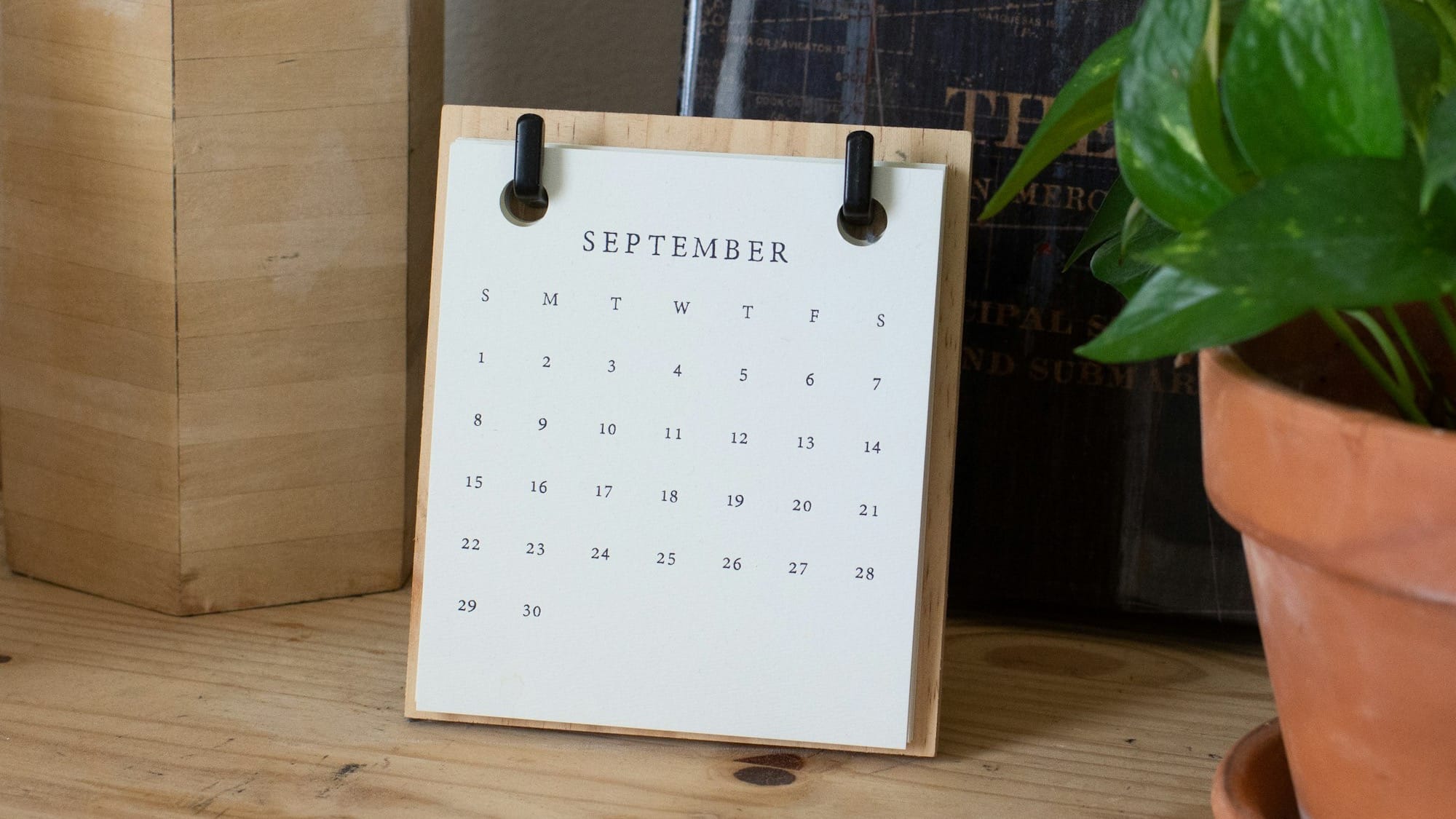What I'm up to - September 2022
All about editing, re-reading and editing again.

September was the start of autumn here in Scotland, the re-establishment of my daily routines, and a bunch of editing.
Writing
- I was really delighted to see this review of my short story Carapace by Michael at Track of Words. One of the coolest things about having a short story out there on the internet with a market like Clarkesworld is the long tail of readers discovering your work and letting you know what they thought about it. And to have a blogger with Michael’s track record and profile read, enjoy and thoroughly get what I was doing with Carapace is especially gratifying.
- True to form, my agent, Harry Illingworth, read the draft of The Disaster Club extremely quickly, so I got several pages of notes back at the start of the month. The edits were on a similar scale to my edits on my currently-on-submission novel, The Burning Line, although they definitely felt a tiny bit less structural than last time - mostly small incongruities, inconsistencies and things to emphasise or de-emphasise.
- I have a bad habit of going at edits like a bull in a china shop, putting in several hours of work per day and sacrificing sleep and suchlike. This time around, I deliberately gave myself ‘at least three weeks’ to work on the edits. I then actually did them in two weeks. It turns out that my new process for reviewing and structuring my edits really helps with making progress quickly and consistently. Mostly, this process means consciously trying to take all the input I receive from various sources (agent, beta readers, critique partners) and structuring, de-duplicating and prioritising that feedback into a series of actual jobs to be done. I’m going to write a blog post about it, because I definitely see a lot of my peers struggling with the overwhelming feeling of reviewing a lot of feedback from different sources and just not really knowing where to start. Spending a few hours up front structuring my workload meant I was (mostly) able to stick to my 90 minutes a day writing schedule and still do a pretty hefty rewrite on the book.
- So what did I actually do? I wrote about 9,000 words of new scenes to develop some of the characters and themes my agent wanted to see more of. Then I integrated those scenes and went all the way through the manuscript to make sure they made sense in their new contexts. Then, I re-cut all of the multi-scene chapters into more (a lot more) short chapters to really increase the pace of the whole book. And finally, I re-read the whole thing, front-to-back, editing for length, and cut thousands of words.
- When I started this edit, the draft was just shy of 112k. When I finished adding the new scenes, it was 119k. And when I sent it back to my agent, it was 106k. Nearly all of that was pure line cutting. I learned during the heavy reworking of The Burning Line that you can cut huge amounts of text with this kind of line editing, both by entering scenes later and exiting earlier, and just by looking for repetitions, filler words and dozens of other opportunities to tighten things up. This kind of editing is my absolute favourite to do and it’s really fun to watch the book really improve as I do it.
- About mid-September, I sent the draft back to Harry along with a big list of changes (I always do this, it’s a habit from my day job and apparently quite rare) and then took another week off, because my brain felt like porridge.
- This last week of the month I’ve been slowly re-reading the book (again) during my writing time, catching a few small typos and continuity errors I missed. Hopefully that means when Harry comes back again with any further changes, I may already have caught some of them and I can swiftly sort the rest and get another draft done.
- Then I’m going to write something else. Probably short stories. Definitely not another novel this year, my brain needs a break from novel length work.
Reading
- The Peripheral by William Gibson - This has been on my TBR for ages, but the news that Amazon are making a TV adaptation of it prompted me to bump it up the list. I inhaled Gibson’s Sprawl books in my teens and have returned to him again and again over the years, but for some reason I never got around to the anything much after Pattern Recognition. It’s been a real joy to see how his style has evolved, the way he uses tiny little details to paint an incredibly vivid portrait of the future. I’m looking forward to the TV version too.
- The Actual Star by Monica Byrne - I’ve had this on pre-order for ages. I read Byrne’s The Girl In The Road a couple of years ago and greatly enjoyed it, so when I heard about this multi-timeline novel that spans millennia and describes deeply radical changes to human society, I jumped at it. It arrived a couple of days ago and it’s an absolute brick of a novel. I can’t wait to dive into it properly. The foreword alone was exciting.
- As with last month, my reading otherwise has been almost entirely my own book, over and over again. I’m really hoping the last quarter of the year will have a little more space for other people’s fiction.
Doing
- I managed the balance between working and getting outside to touch some grass a lot better this month, including getting way more sleep, getting out for at least one (recently two!) daily walks and getting back into my lifting routine. It’s a work in progress as ever.
- I took another work trip down south and as a side benefit got to check out the ‘new’ Caledonian Sleeper. I say ‘new’ because the updated trains started running in 2019, but this is my first chance to try them. It was great - the addition of en-suite showers is a bit of a game-changer, like teleporting to another city and arriving fresh as a daisy. It’s a real shame that it’s so expensive. It’s very clearly aimed at business travellers and well-off tourists now. I’d love to see something like the new Nightjet ‘mini-suites’ in the UK - essentially Japanese-style capsule beds on a train - for affordable overnight travel. It is a massive policy, environmental and market failure that a return ticket on the sleeper is £300-400, at a bare minimum, and can be as high as £600+.
Planning
- I’ve been saying I’m going to write short stories for, like, three months now, but I am (extremely) blessed with an agent who reads new drafts really quickly and basically haven’t had a chance. But October is going to be the month, I can feel it.
- That goes double for blog posts. The last couple of months have included a lot of new writing experiences for me and interesting changes to my process, so I’m going to try out doing a post a week and start getting through my list of post ideas.
- It’s also my birthday in October, so I have a week off planned. We will have some friends visiting from the US, so I suspect there will be a little Edinburgh tour-guiding.
Linking
Lots of good stuff on the Intertubes this month:
- This was a great interview with agent Juliet by the Page One Podcast guys. They have been on an absolute streak of amazing guests and I’m really looking forward to their new mini-series of interviews with industry professionals.
- A good thread on typical word counts for different genres from Ann M Rose.
- Some excellent thoughts from Jesse Q. Sutanto on being a better giver and receiver of critiques and why ‘brutal honesty’ is unnecessary and often counterproductive.
- Jen Udden (of the amazing Shipping & Handling podcast) has re-started her newsletter.
- I’ve been really enjoying Björk’s new podcast, Sonic Symbolism. It’s a detailed look at her entire discography, one episode per album. The format is great, as she’s interviewed by her friends, family and musical collaborators in a really engaging collage of clips and music. Great stuff.
- I came across this cool trick on the Scrivener subreddit for automatically highlighting phrases and words using saved searches - this could come in very useful for finding ‘crutch’ words and phrases you overuse while first drafting.
- Here’s a pretty cool guide to writing Midjourney AI art prompts. I think these AI art generators are fascinating and I’ve really enjoyed playing about with Midjourney in particular, but I think the jury is still out on the ethics of using them for anything other than farting about making trippy visuals.
- I thought Timekeeper’s Symphony by Ken Liu was an absolute standout story this month over at Clarkesworld. It’s one of those epic-scaled, omniscient POV stories that I’d love to try and write one day. Highly recommended.
And… I’m done. It’s obviously been a bit of a tumultuous month here in the UK and I’ve just been sort of clutching my head when I read the news, then sighing and getting on with the writing. I’d say hopefully October will be a bit more chill but honestly that feels like unfounded optimism right now.
Stay well, keep reading, keep writing and see you soon!
If you have a question, suggestion or something else you'd like me to write about, please get in touch over on Twitter.
